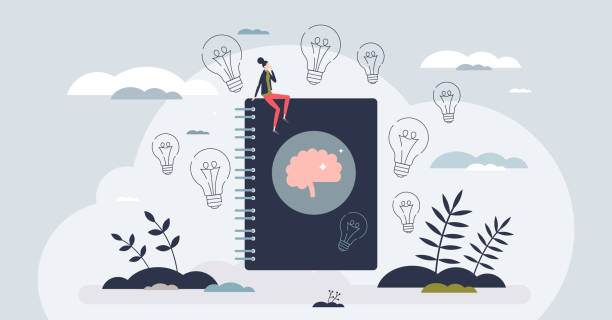Introduction
Today in this article we discuss Brain Health: The Benefits of Lifelong Learning. In today’s modern age, we all emphasize on taking care of our mental health. The human mind is a great tool, which helps us in everything in life. Lifelong learning is essential for improving brain health. In this article, we look at how lifelong learning improves brain health and what we should watch out for.
1. The health of mind and his importance

The brain is a complex and essential organ of the human being. It controls our emotions, thinking, and memory. If the brain is healthy, every part of our life is healthy and productive. Lifelong learning increases brain function and efficiency, which helps us stay focused even during difficult times.
2. Learning and neuroplasticity
Neuroplasticity is the process that helps the brain adjust to new experiences and familiarity. Lifelong learning creates new neural pathways in the brain, stimulating neuroplasticity. This neuroplasticity helps us learn new skills and refine our brain at every age.
3. Lifelong learning reduces the risk of dementia
Dementia is a serious dementia that occurs with aging. According to research, people who ask throughout their lives have a lower risk of dementia. It activates the faculties of the mind that relate to memory and thinking for lifelong learning. Does a person with cerebral palsy stay healthy longer?
4. The role of lifelong learning in stress management

Stress is a part of life, but if it becomes chronic, it can have a negative effect on the brain. Through lifelong learning, a person discovers coping mechanisms, which help manage stress effectively. When we discover something new, the brain releases dopamine, which helps us feel relaxed and happy.
5. Mental agility integrated into proofreading
Mental agility refers to the ability of the mind to think quickly and make decisions. Lifelong learning enhances intellectual capacity. Every new skill we discover is meant to enhance our decision-making and problem-solving abilities. It helps us to make quick and smart decisions on every aspect of our life.
6. Improvement of emotional intelligence
Emotional intelligence is a skill that helps us understand the emotions of ourselves and others. Lifelong learning facilitates emotional intelligence. Meeting new people and having new experiences helps us control our emotions and understand the emotions of others.
7. Lifelong learning and social interaction
Learning does not always happen in isolation. Often we find new things in groups, where we meet new people. These social interactions have a positive effect on the brain. Maintaining social connections and meeting new friends is beneficial for mental health.
8. Increase in self-esteem

When we discover new things and master them, we become more confident. Lifelong learning brings justice to self-esteem. When we achieve our goals, we not only feel proud of ourselves, but it also boosts our self-esteem.
9. Flow in creativity and imagination
Lifelong learning fosters creativity and imagination. New ideas are born out of new people and experiences. This creativity is integrated not only in professional life but also in personal life. Creative thinking helps to come up with innovative solutions to these problems.
10. Lifelong Learning and Career Advancement
Lifelong learning is not just about personal development. It also plays a very important role in career development. The more we gain knowledge and skills in our field, the more we get promotions and employment opportunities. In today’s era, employers prefer people who are constantly improving their skills.
11. Lifelong learning or financial stability
The learning process can also improve financial stability. When we find new skills, our employment prospects increase, which ultimately helps us earn more income. Financial stability works out a person’s stress level and keeps the brain more relaxed and focused.
13. Lifelong learning and healthy ageing
Lifelong learning also affects our aging process. It keeps our brain active and sharp, which is integral to healthy aging. People who watch until the end of their lives maintain their brain function for a longer period of time.
13. How to implement lifelong learning?
Lifelong learning is not difficult to do. We can speed up our journey by finding the little things. Nowadays there are many free resources available on the internet from where we can learn new skills. We must have a willingness to discover something new.
Conclusion
Brain Health: The Benefits of Lifelong Learning. Lifelong learning not only improves our mental health but also helps us succeed in every aspect of life. In life it is important to always find something new and challenge yourself. Finally, this Amal makes us a virtuous person who is tough to face every difficulty. Therefore, make lifelong learning a part of your life and take care of your mental health.
